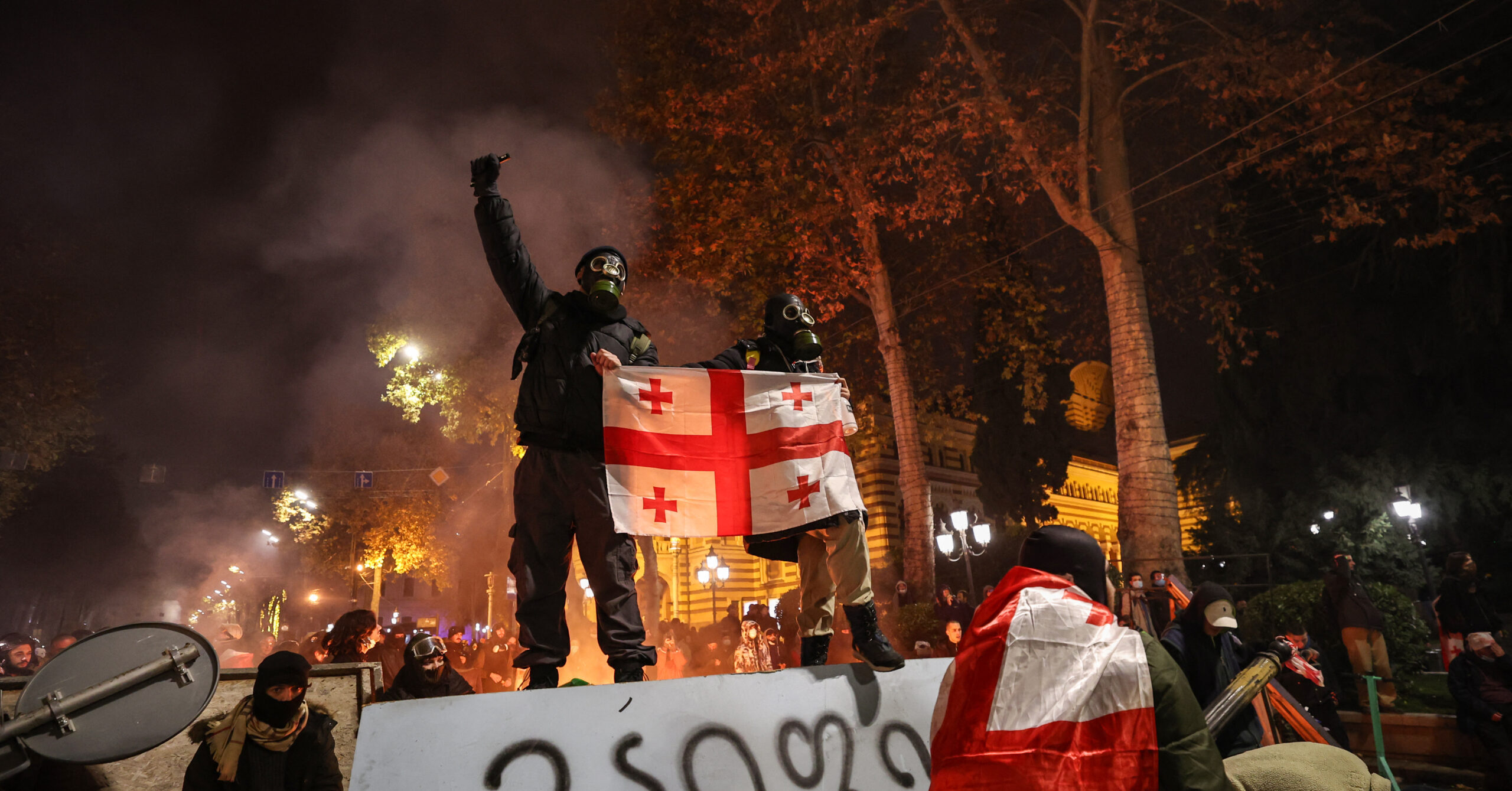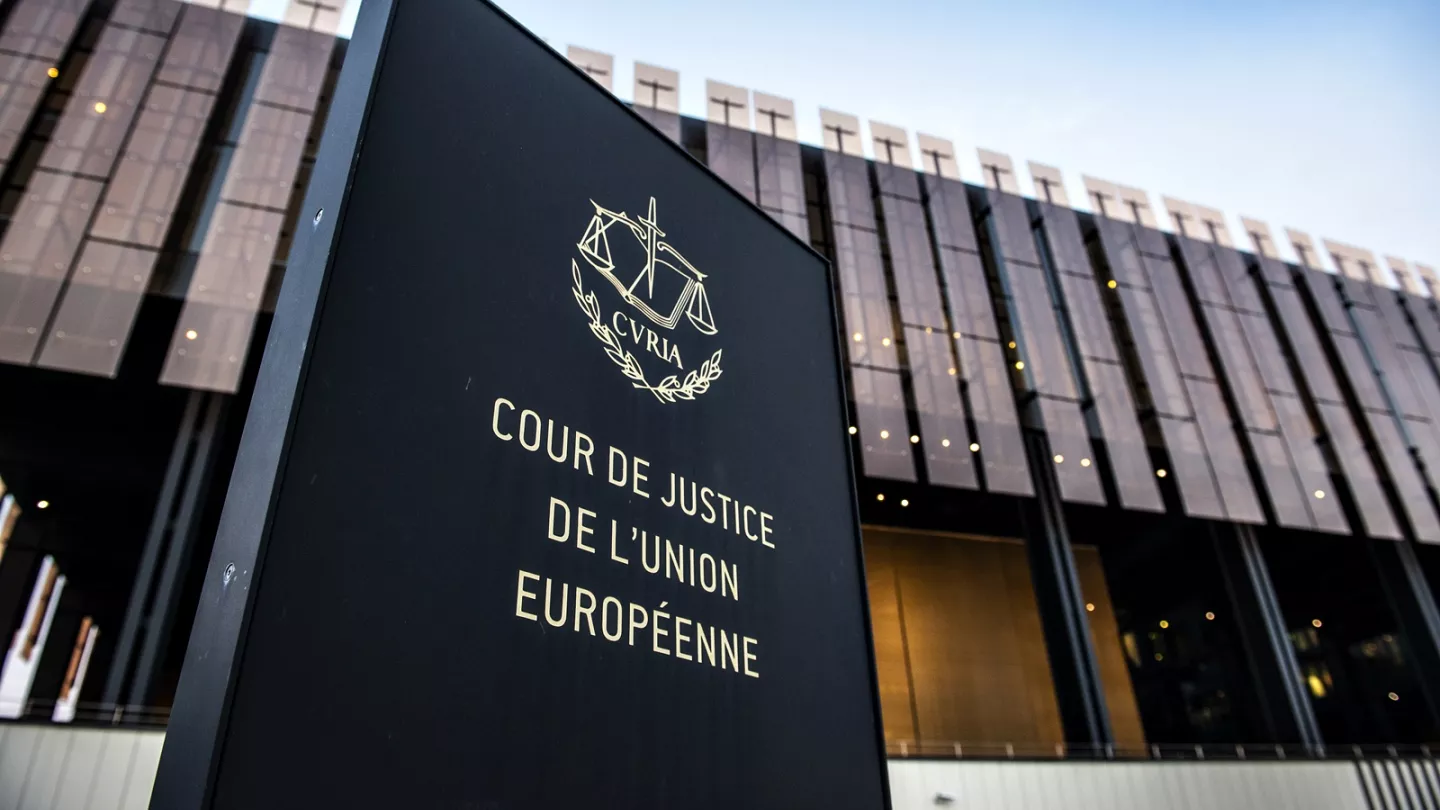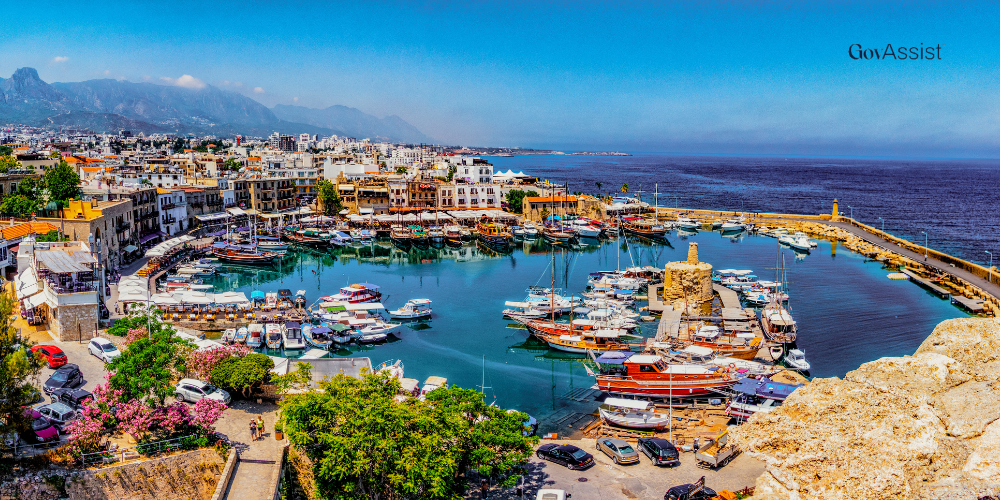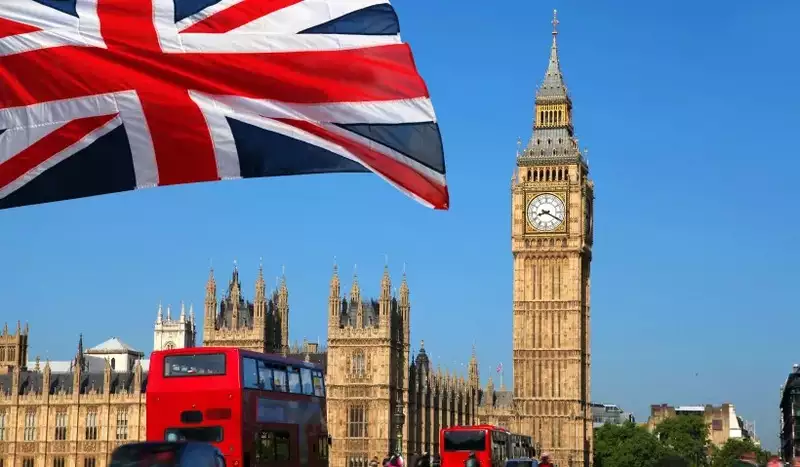The Foreign Ministers of France, Germany, and Poland, representing the Weimar Triangle, have issued a joint statement expressing their deep concern over the political crisis in Georgia that arose after the October 26, 2024 parliamentary elections. The crisis stems from the ruling party in Georgia, Georgian Dream, choosing to freeze its European Union (EU) accession process. This shift in political direction has caused significant disruption and concern, as it marks a departure from Georgia’s previously established path toward European integration.
Since the onset of this crisis, the three countries have repeatedly called on the Georgian authorities to reverse their decision and re-align with the EU integration process. They have urged Georgia to adhere to European norms and values, and to continue implementing necessary reforms that align with the European model of governance. The ministers have expressed their belief that Georgia’s future should remain firmly anchored in the EU, and they have stressed the importance of the country fulfilling the criteria expected from a future EU member.
Furthermore, the foreign ministers condemned the recent violent actions against peaceful protesters, media representatives, and opposition leaders in Georgia. Such actions are seen as a direct violation of fundamental human rights, and the ministers emphasized the Georgian authorities' responsibility to respect and protect freedoms such as freedom of assembly and media freedom. Any form of political repression or threat against political figures was strongly condemned in the statement, as it undermines the democratic processes and civil liberties within Georgia.
The political trajectory taken by the Georgian Dream party has resulted in a noticeable decline in relations between Georgia and the European Union, as well as between Georgia and individual EU member states. This political repression and democratic backsliding have led to a reduction in the cooperation and assistance Georgia receives from the EU and its member states. In response to the deteriorating situation, the European Union has decided to end visa-free travel for Georgian diplomatic and service passport holders. This decision marks a significant consequence of Georgia's decision to backtrack on its European aspirations. Additionally, the EU and individual countries are considering further measures, which could include additional sanctions or restrictions aimed at pressuring Georgia to return to the path of EU integration.
The OSCE/ODIHR final report on the parliamentary elections held in October 2024 has further confirmed the concerns of the European ministers regarding the integrity of the electoral process. The report revealed widespread irregularities, and the ministers pointed out that the investigations into allegations of electoral fraud were insufficient. The elections, according to the report, failed to meet the high standards expected from a country that aspires to join the EU. This raised serious doubts about Georgia’s commitment to democratic principles and the fairness of its political system.
In light of these issues, the ministers have called for a national dialogue in Georgia, encouraging the Georgian authorities to engage with all relevant stakeholders, including political parties and civil society, to find a resolution to the ongoing crisis. The goal of this dialogue should be to restore public trust in Georgia’s democratic processes and to pave the way for political stability. The ministers also echoed the call from parts of Georgian society for the implementation of OSCE/ODIHR recommendations, which could include the possibility of holding new elections. They emphasized that the Georgian authorities must engage seriously and earnestly with all political forces and civil society representatives to address the grievances that have been raised.
As part of their commitment to supporting the democratic and European aspirations of the Georgian people, the three foreign ministers reiterated their determination to stand by Georgia during this challenging period. They expressed their hope that Georgia would return to its European course and fulfill the aspirations of its citizens who desire to live in a free, democratic, and prosperous country, integrated within the European family.
The statement by the Foreign Ministers of France, Germany, and Poland is a clear indication of the growing concern among EU member states about the direction Georgia is taking. While the situation is complex and fraught with challenges, the ministers' call for dialogue and reform provides a constructive path forward. However, the continued failure to address these issues and implement necessary changes could have serious long-term consequences for Georgia’s relationship with the EU and its prospects for EU membership.
For Georgia, this is a critical moment. The country stands at a crossroads, with the future of its political and economic stability hanging in the balance. The Georgian authorities must take decisive steps to restore democratic values, protect fundamental rights, and engage in meaningful reform. The European Union, for its part, has made it clear that it will continue to monitor the situation closely and take appropriate actions to ensure that Georgia remains on the path to becoming a stable, democratic member of the European family.
It is essential that all political actors in Georgia—both within the government and opposition—work together to find common ground. This will not only benefit the country’s democratic development but also help secure Georgia’s long-term stability and prosperity. Furthermore, it is crucial for Georgian society to remain engaged in the democratic process, ensuring that their voices are heard and that their rights are respected. Public participation and transparency are key to restoring trust in the political system and ensuring that Georgia’s future is shaped by the will of its people.
Ultimately, Georgia’s European aspirations are not just about the political elites in power, but about the future of the entire nation. The path to European integration is a long and challenging one, but it is a path that promises greater security, prosperity, and opportunity for the people of Georgia. The support of the European Union and its member states will remain vital in helping Georgia achieve its democratic and European goals. However, it is clear that Georgia must take ownership of its own future by committing to the reforms and values that are essential for EU membership.
In conclusion, the joint statement issued by the Foreign Ministers of France, Germany, and Poland is a call to action for the Georgian authorities and for the people of Georgia. It is a reminder that the path to European integration is not guaranteed, and that the actions of the Georgian government in the coming months will determine the country’s future. The European Union and its member states are watching closely, and Georgia must take the necessary steps to restore its commitment to democracy, human rights, and European values if it hopes to continue on the path toward EU membership. The next few months will be crucial in shaping the future of Georgia and its relationship with the European Union.
For Georgia, this moment offers an opportunity to make a meaningful change—a chance to prove that it can be a fully functioning democracy, committed to European norms and values. The Georgian government must seize this opportunity and act swiftly to restore faith in the political process. The international community, including the EU, will be watching, and Georgia's future will be shaped by the decisions made now.






























0 Comments